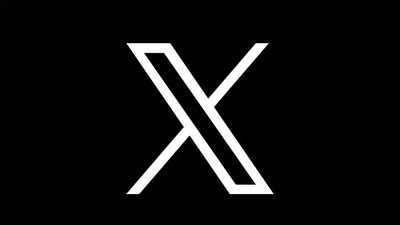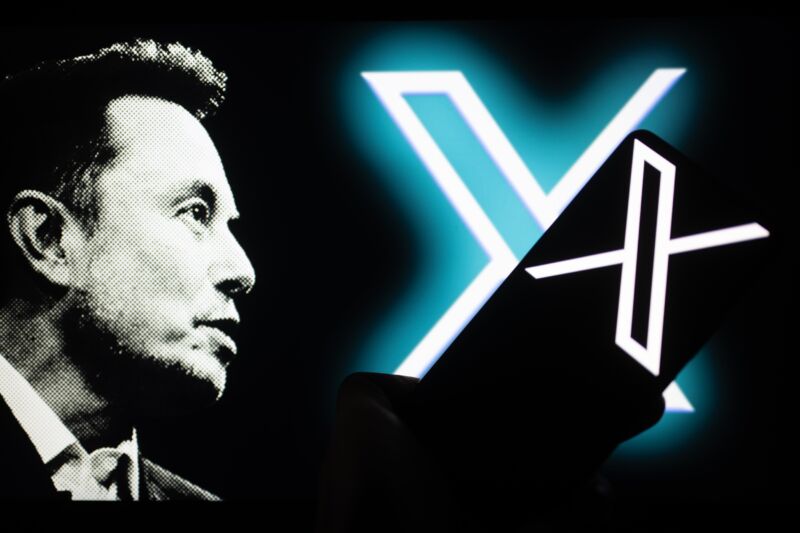X or formerly Twitter’s Tech Transparency Project revealed that the platform had granted blue check marks to accounts linked to Hezbollah members, allowing longer posts and better promotion for $8 a month.
This decision, made by Elon Musk after buying Twitter in 2022, was controversial due to concerns about disinformation and opening the platform to impersonators. The badge, previously free, was meant to verify the identity behind the account.

Elon Musk’s decision to charge for check marks on Twitter, a controversial change after buying the platform in 2022, has raised legal concerns.
The free check mark was meant to indicate the identity behind the account, but the system has been paid for, raising new legal issues. The Tech Transparency Project (TTP) reported that the Houthis account, run by Ansar Allah, had also seemingly paid for its blue check mark.
The UK government has sanctioned the Houthis to disrupt international shipping in the Red Sea and promote Yemen’s peace, stability, and security.
X accused of taking money from terrorist organizations
X has been accused of providing subscription perks to designated terrorist groups and those barred from operating in the United States, according to a report by the Tech Transparency Project.
The report claims that X gave blue check marks to accounts related to Hezbollah members, among others.
Users who paid $8 per month for X’s services received a blue tick, allowing better promotion and longer posts. However, some ticks were removed after the report, as the platform claimed its security was robust. Critics argue that this move will worsen disinformation issues and make X vulnerable to impersonators.

The United States has implemented sanctions on certain people, including journalists, world leaders, and celebrities, who have received the blue badge on social media platforms. This has led to criticism of the platform for providing space to the wrong people and breaking sanctions law, as the badge indicates verified identity.
However, Elon Musk’s X, a premium service offered by Elon Musk, has been linked to the US imposing sanctions on individuals and groups deemed a threat to national security. A blue checkmark account with Hassan Nasrallah’s name and profile image indicates it is ‘ID verified’, a service required to prevent impersonation.
Musk’s X sold checkmarks to Hezbollah and other terrorist, report says
According to a watchdog organization’s study, Elon Musk’s social network X, which is still hosted under the twitter.com domain, has profiles with bought checkmarks belonging to terrorist group Hezbollah and other US-sanctioned institutions.
According to a report released on Friday, 16th Feb by the nonprofit Tech Transparency Project (TTP), which criticizes Big Tech companies, “X, the platform formerly known as Twitter, is providing premium, paid services to accounts for two leaders of a US-designated terrorist group and several other organizations sanctioned by the US government.”

However, TTP has identified accounts belonging to Hezbollah and Iranian state-run media, suggesting that Elon Musk’s company, X, may be violating US sanctions.
The report suggests that X is engaging in financial transactions with these accounts, potentially violating US sanctions.
The accounts were verified before Musk bought Twitter, but verification was free at the time. The report suggests that X is providing a premium, paid service to sanctioned entities, raising new legal issues. The accounts are believed to belong to top leaders of Lebanon-based Hezbollah and Iranian state-run media.
Elon Musk’s platform banned Hezbollah’s “X” account
This report by TTP is followed month after Elon Musk’s social media platform, X, had banned Hezbollah, the Lebanese militant group that the US government has classified as a foreign terrorist organization, according to a story published in The Jerusalem Post on October 31. Michael Freund, a journalist and former deputy communications director for Prime Minister Benjamin Netanyahu, identified the problematic Twitter account, @Hezbollah_FA.
_updates.jpg)
Besides, the account was reported by Freund, who expressed concerns about the incongruity of a designated terrorist organization maintaining an active presence on the platform. The suspension highlights the ongoing challenges faced by tech companies in striking a balance between freedom of expression and preventing the spread of harmful content.
Major social media platforms like Twitter, Facebook, and YouTube have taken steps to combat terrorism-related content, but the continuous evolution of online platforms presents an ongoing challenge.
The termination of Hezbollah’s account on X sent a clear message that platforms like X are taking a strong stance against the promotion of violence and terrorism.












Comments 1